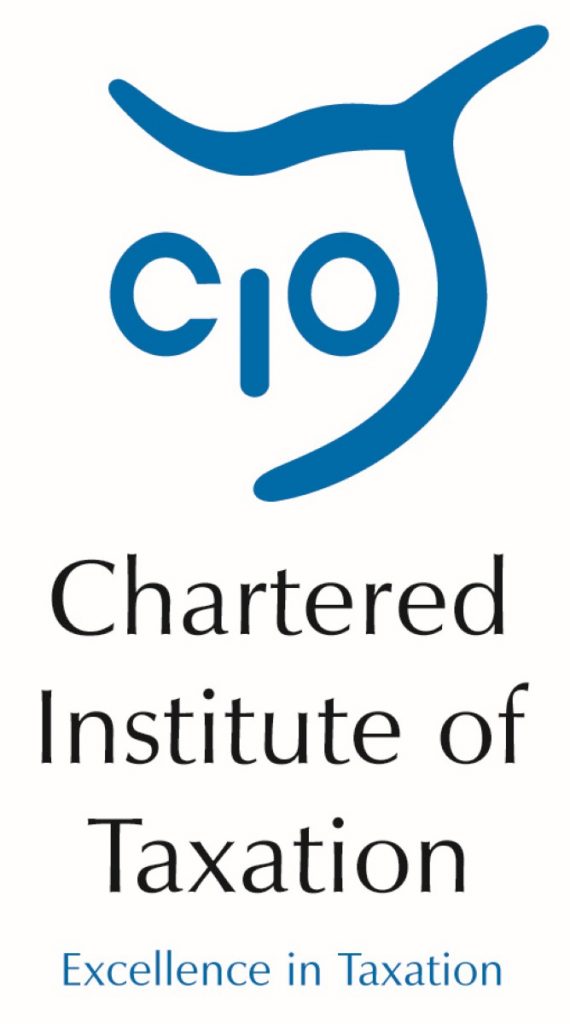The Chartered Institute of Taxation (CIOT) has welcomed today’s announcement of a review into Research and Development (R&D) tax credits, but has stressed that the review must be wide-ranging if the R&D framework is to work effectively for small businesses.
David O’Keeffe, Chair of the CIOT’s R&D Working Group, commented:
“The proposal in the Autumn Statement is that the Government will “review the tax environment for R&D to look at ways to build on the introduction of the ‘above the line’ R&D tax credit to make the UK an even more competitive place to do R&D.” Clearly we don’t have the full detail yet – with details to be announced in the New Year – but the R&D expenditure credit is aimed primarily at larger businesses. I fear that the Chancellor risks missing a great opportunity to help smaller businesses and start-ups.”
Government support for R&D is provided through two separate regimes – one for large companies and one for SMEs.
David O’Keeffe continued:
“I hope he will make the review wide-ranging enough to consider the following suggestions too:
“Responsibility for promoting R&D relief should be given to UK Research & Innovation. HMRC does its best to promote the relief and encourage uptake amongst SMEs but the reality is that smaller companies in particular companies are wary of HMRC and this hampers their efforts.
“Extend R&D relief into product commercialisation. The PM – and also the Chancellor – referred to the fact that the UK is good at generating inventions but those inventions tend to get commercialised abroad. If the Chancellor is intent on making changes to the R&D relief regime then he could do a lot worse than relax some of the recent restrictions on R&D in this “commercialisation” phase – what HMRC refers to as “production”.
“Improve resourcing at HMRC. At present HMRC does not really have adequate resource to ensure that companies are claiming the relief they are due. There are many claim preparers rushing into the market and I suspect that quality is suffering.
“We look forward to participating fully in the Government’s review, however they conduct it.”
Notes for editors
1. The Chartered Institute of Taxation (CIOT)
The CIOT is the leading professional body in the United Kingdom concerned solely with taxation. The CIOT is an educational charity, promoting education and study of the administration and practice of taxation. One of our key aims is to work for a better, more efficient, tax system for all affected by it – taxpayers, their advisers and the authorities. The CIOT’s work covers all aspects of taxation, including direct and indirect taxes and duties. Through our Low Incomes Tax Reform Group (LITRG), the CIOT has a particular focus on improving the tax system, including tax credits and benefits, for the unrepresented taxpayer.
The CIOT draws on our members’ experience in private practice, commerce and industry, government and academia to improve tax administration and propose and explain how tax policy objectives can most effectively be achieved. We also link to, and draw on, similar leading professional tax bodies in other countries. The CIOT’s comments and recommendations on tax issues are made in line with our charitable objectives: we are politically neutral in our work.
The CIOT’s 17,600 members have the practising title of ‘Chartered Tax Adviser’ and the designatory letters ‘CTA’, to represent the leading tax qualification.
Contact: Hamant Verma, External Relations Officer, 0207 340 2702 HVerma@ciot.org.uk (Out of hours contact: George Crozier, 07740 477 374)





-01.png)